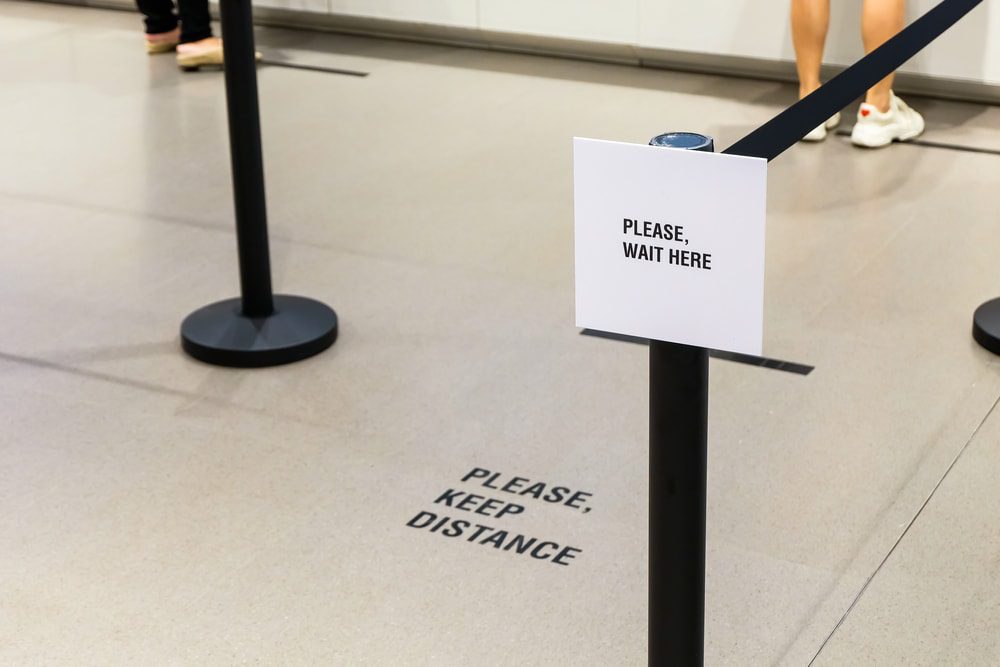
On February 7th, Danish Minister of Health Magnus Heunicke told reporters that a total of 100,000 patients have been forced to postpone their elective surgery during the coronavirus epidemic. As a first step toward reducing the waiting lists, the Danish government is drafting a waiting-list reduction plan with regional governments, which are operationally responsible for the nation’s single-payer system.
The health minister emphasized that no surgeries for life-threatening conditions had been postponed. He also explained that the government’s health care monopoly may not have enough resources to address the waiting-list problem. The hospitals may have to contract with private health care providers in order to reduce the waiting lists.
One reason for the long waiting lists is that during the epidemic, the Danish government suspended its so-called treatment guarantee. Normally, according to law, patients are guaranteed treatment within 30 days; given its capacity cap, the state-run health care system was unable to comply with the law during the epidemic.
The British National Health Service, NHS, also has an epidemic-related surgery backlog. According to the BBC, the British government is scrambling to execute a plan for reducing the waiting lists within the NHS. The cost of the plan remains unclear due to uncertainties regarding the actual number of patients on waiting lists. According to The Telegraph, the health care backlog could be “much larger than previously feared.” An estimated six million patients are waiting for elective surgery, with waiting lists for some routine procedures exceeding one year.
It remains unclear whether Boris Johnson’s cabinet has reached an agreement on how to fund the plan to reduce the backlog.
Waiting lists are normally longer in countries where government has the main, or all, responsibility for funding health care.
